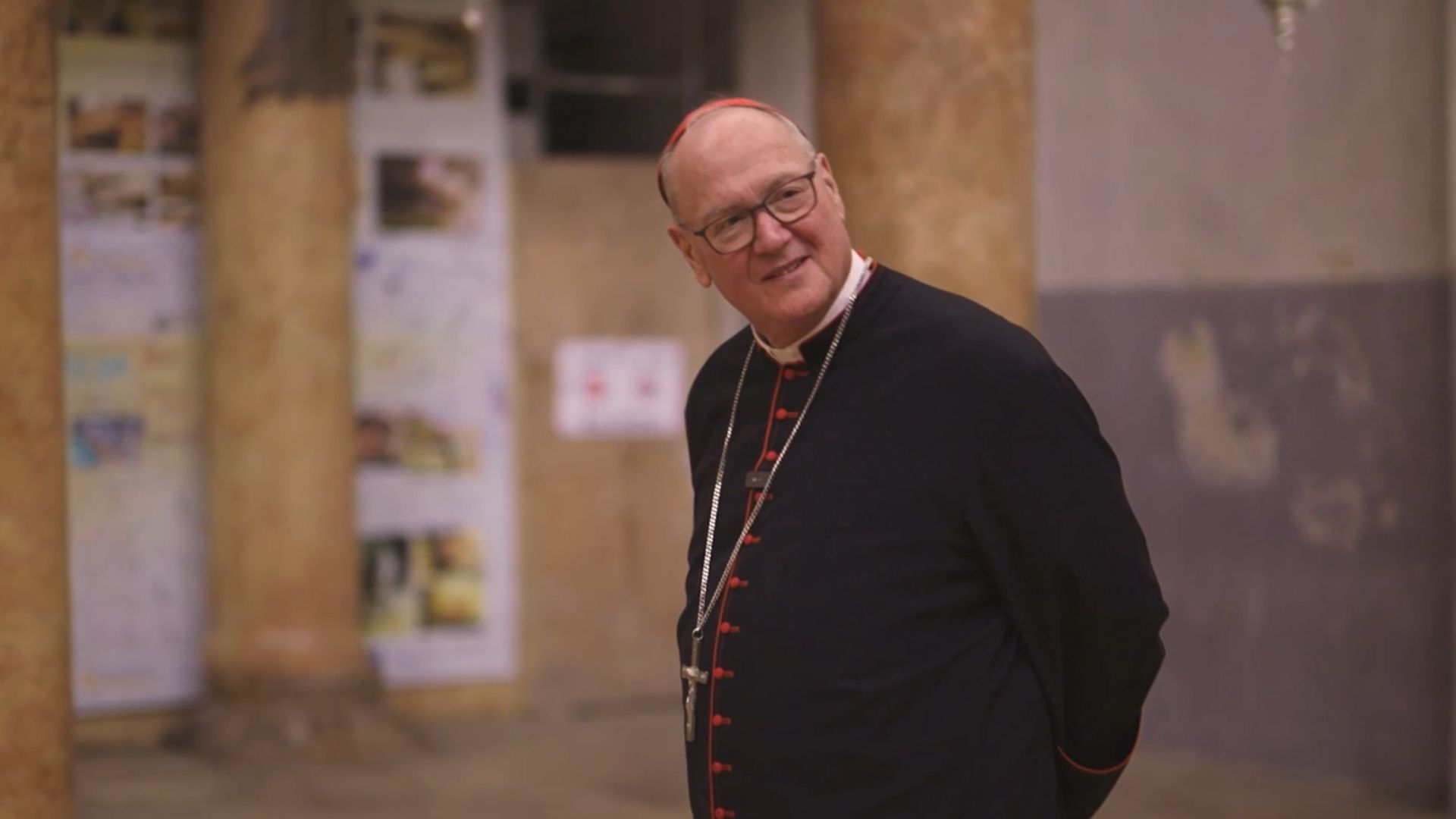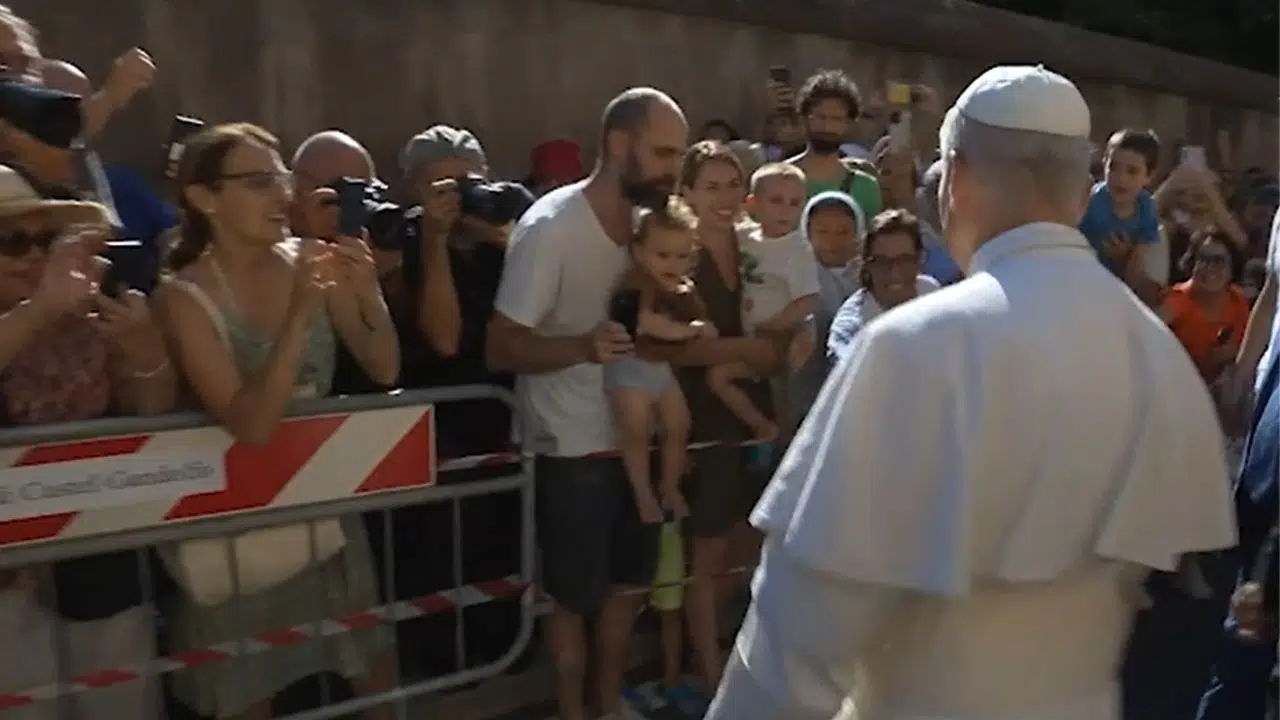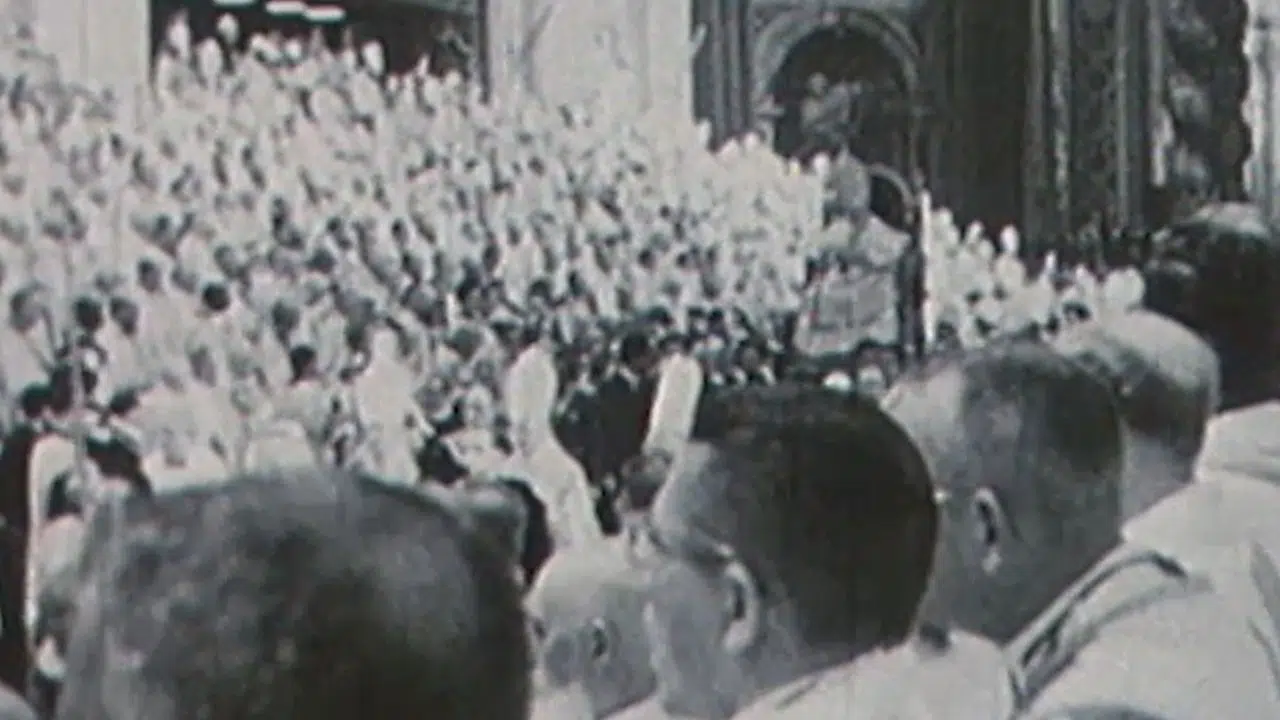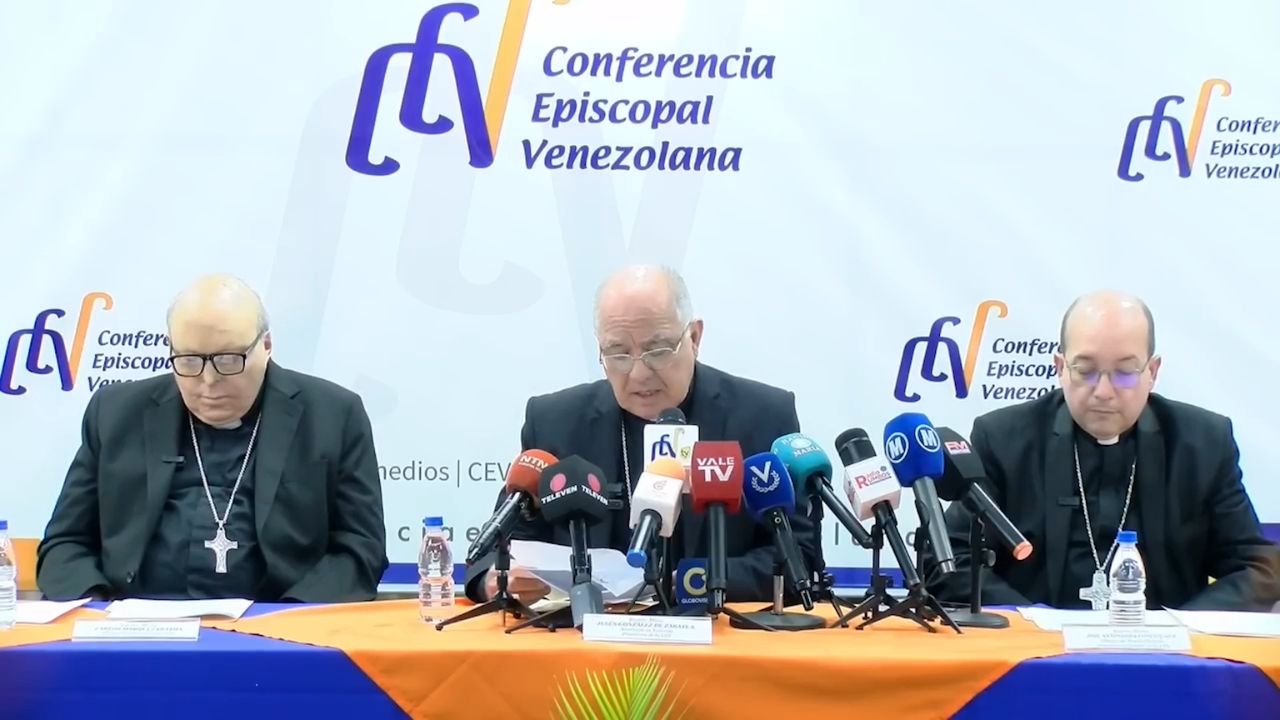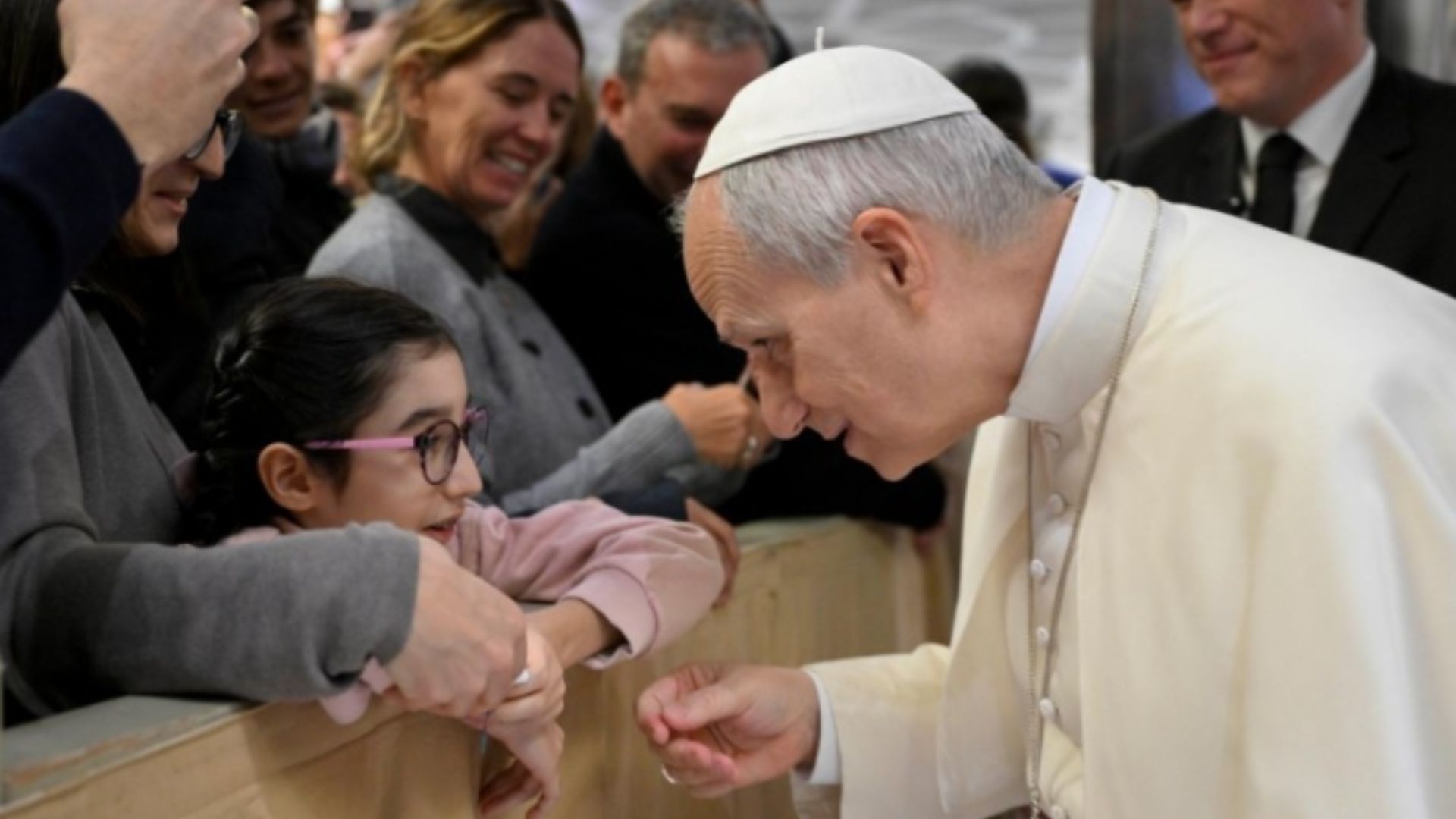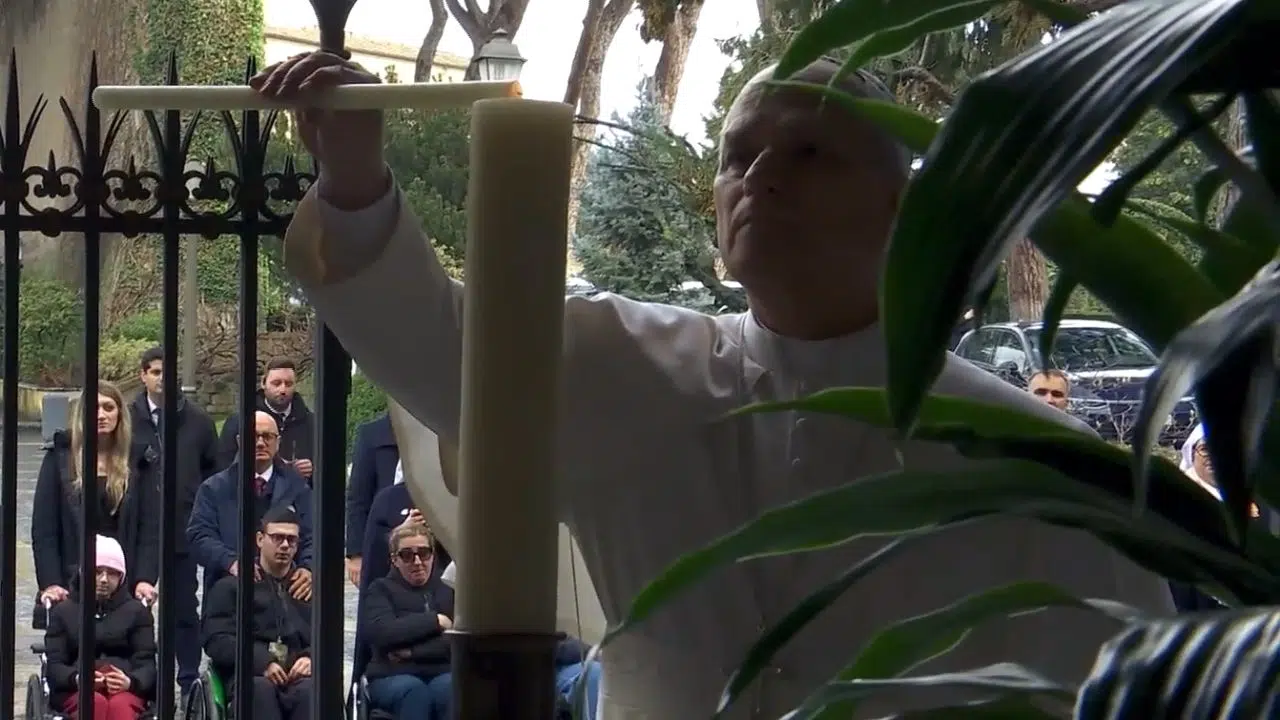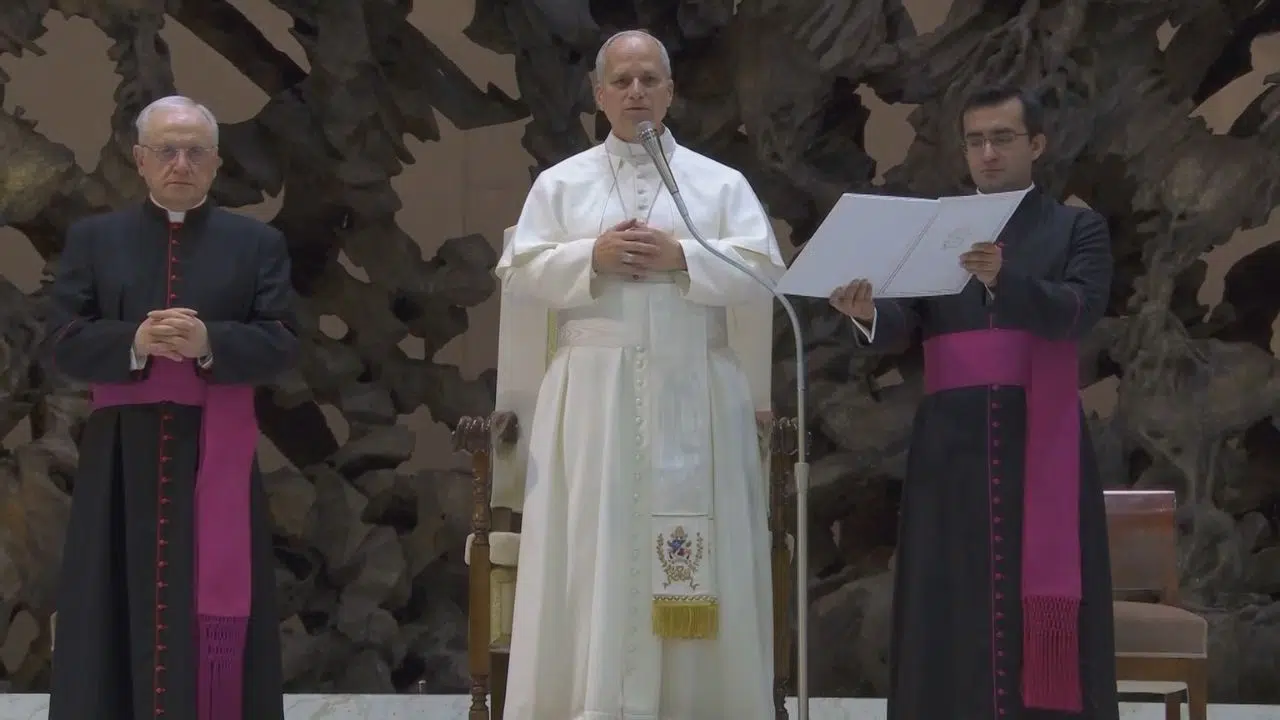Some don’t return from the war.
And others do. But not as before.
This is the result of landmines, also known as “butterfly” mines. And they work exactly as intended. They don’t kill. They mutilate, forcing the army to slow down its advance in order to carry the wounded. These, in turn, must face the trauma of reintegrating into society in that condition. And their families must change their lives to care for a husband, father, or son without legs or arms.
How do you deal with being like this? By not giving up. You mustn’t get discouraged.
This is where many Catholic Church institutions are stepping in. On the one hand, by building customized prosthetics for war amputees, like in this laboratory.
However the process isn’t simple. In labs like this, they try to produce 10 prosthetics a month. The process is slow and demanding.
There is also psychological support. In fact, in hospitals where doctors are lacking, the Order of Malta, for example, also pays the salaries of several professionals to reinforce the understaffed teams.
ANNA ANTOFIICHUK
Director, Center for Stress Disorders and Psychotherapy
When a person wants to live and believes their life must go on… here we offer them that opportunity thanks to the help of specialists and with the support of their families.
KRYYKO DANYLO
Director, Galychyna Complex Rehabilitation Center
The work starts by talking with the patient. Everyone needs to talk. Not just them. Also the staff of this clinic; the workers. And we have a good team of psychologists who help them. So that they feel comfortable. That’s the first thing. The patient must feel they are in a protected space. It’s very important.
For patients, physical, psychological, and financial support is crucial for reintegration. And it is estimated that many are in this situation: between 50,000 and 100,000 people have been mutilated or have lost limbs during the war.
Although for some, like this runner, a landmine cannot take away their will to live.
Trans. VL

